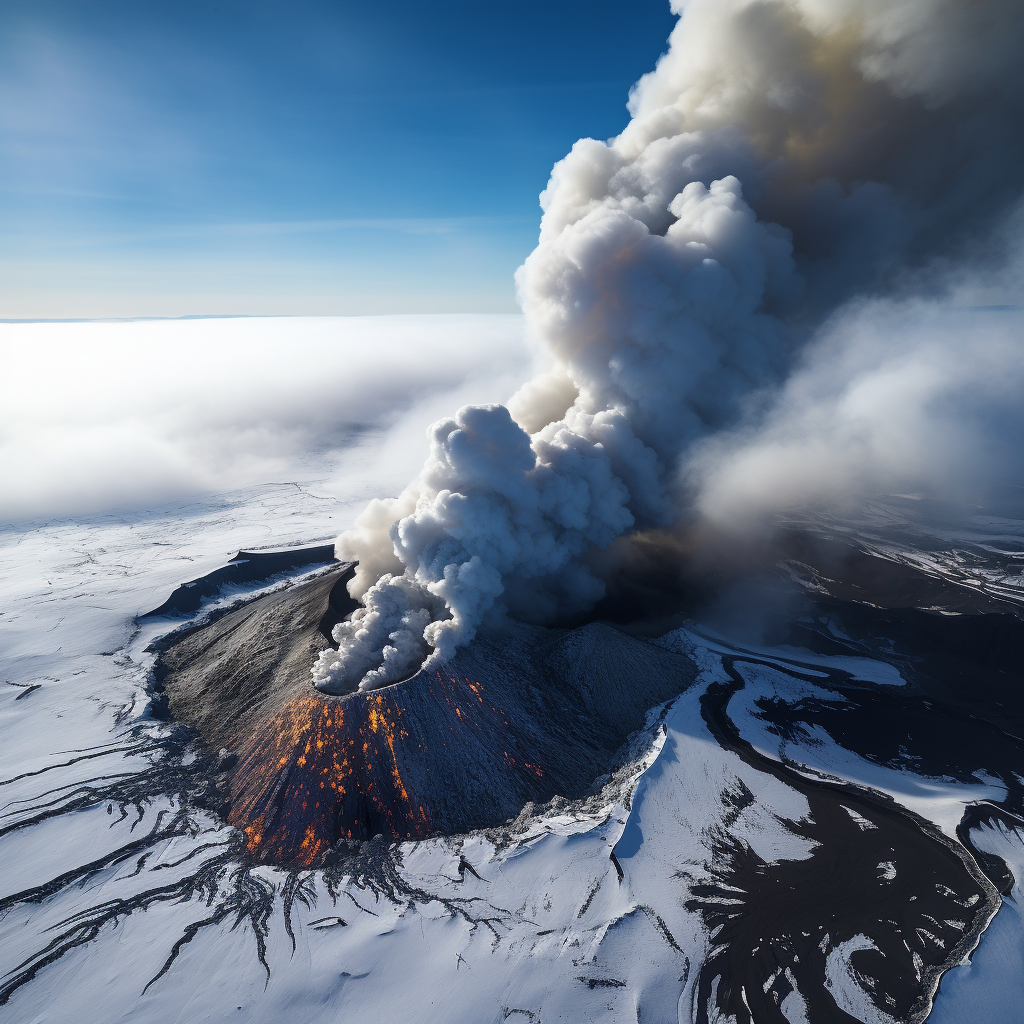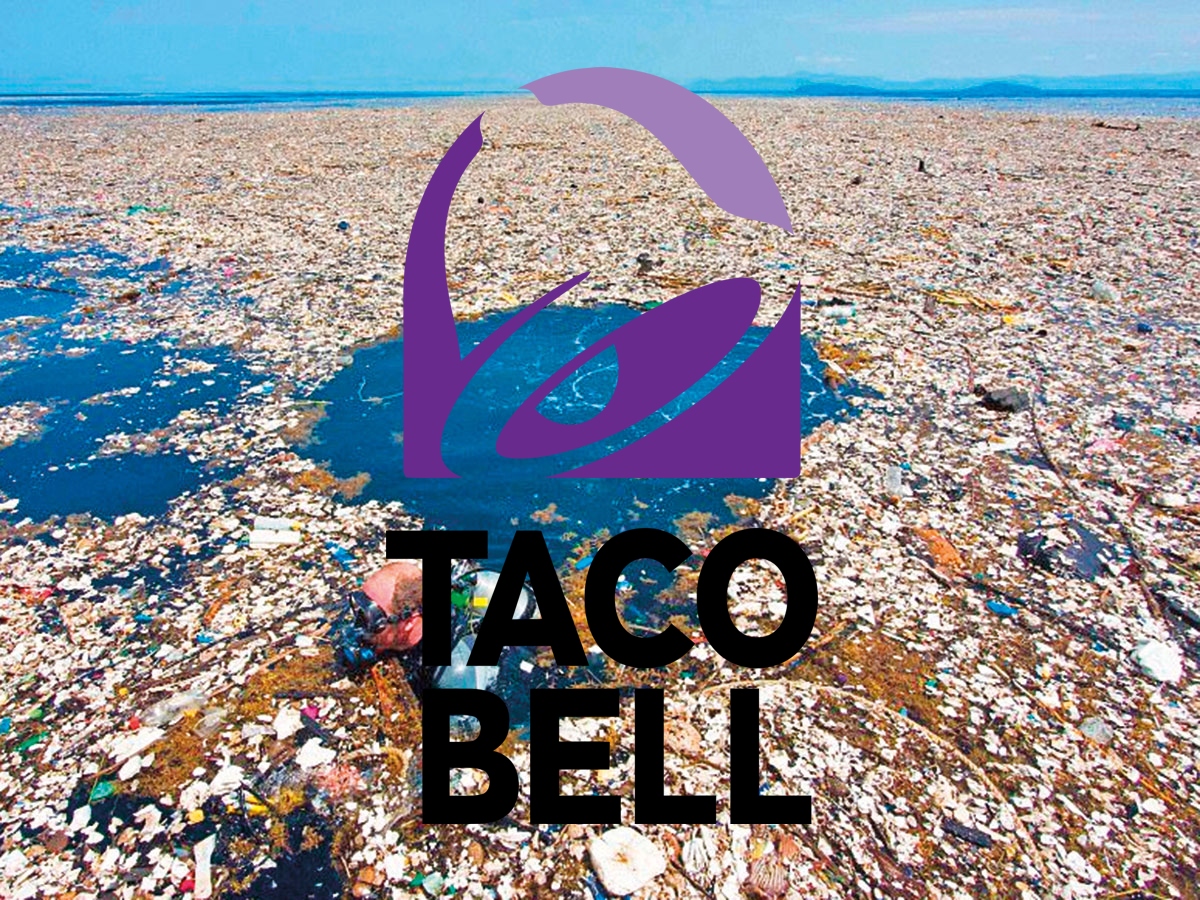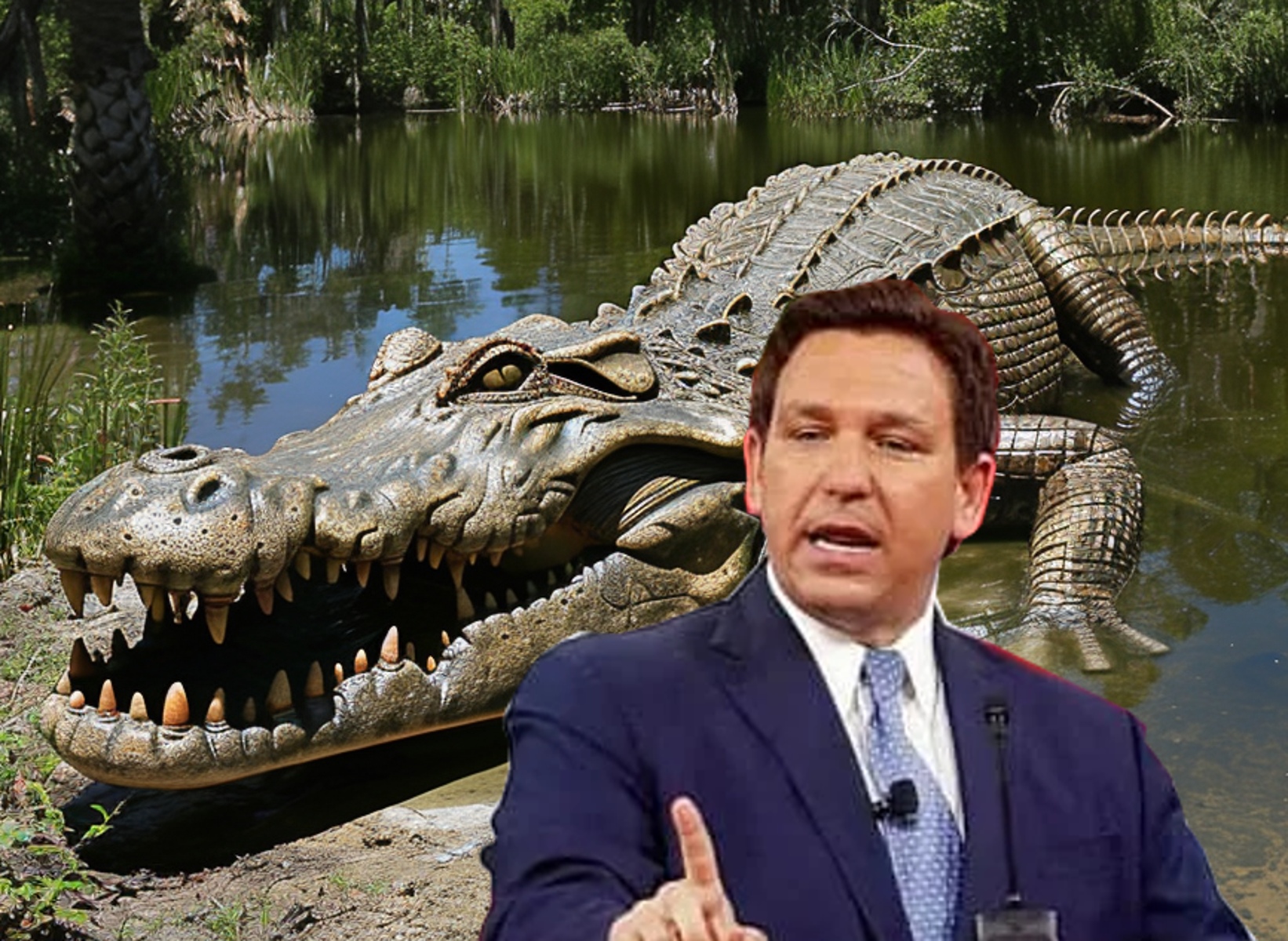Iceland has been experiencing a lot of earthquakes recently. On Tuesday alone, there were 700, and another 800 have occurred since then. These quakes are happening because there’s magma (a hot liquid that forms inside the Earth and can cause volcanoes) close to the ground surface. This was confirmed when scientists found sulfur dioxide, a gas that’s usually found when magma is near the surface.
Most of these earthquakes are happening about two to three miles below the surface, in the middle of a magma dyke (a pathway that magma uses to reach the surface). The country’s weather experts say that the magma is still moving, but some of it seems to be hardening.
They’ve also found sulfur dioxide in the area. This gas doesn’t have any color, but it has a strong smell and can make people’s eyes, noses, and throats feel irritated. If sulfur dioxide is found when a volcano isn’t erupting, it could mean that an eruption might happen soon.
All of this comes after a warning from Iceland’s weather office that a volcanic eruption could happen soon. They came to this conclusion after more than 700 earthquakes were recorded in just eight hours on Tuesday. The biggest of these earthquakes was a magnitude 3.1, which is usually noticeable but only causes minor damage. Most of the earthquakes that day were “micro-earthquakes,” which are very small and usually not felt by people.
The weather office says that if a volcano does erupt, it’s most likely to happen where the magma is moving towards the surface. They don’t think there are any other places where an eruption might happen.
Now, let’s talk about how volcanic eruptions can affect climate change, especially in places like Iceland. When a volcano erupts, it releases a lot of gases into the atmosphere, including carbon dioxide and sulfur dioxide. These gases can trap heat from the sun and cause the Earth’s temperature to rise, which is what we call global warming. However, volcanoes also release tiny particles called aerosols, which can reflect sunlight back into space and cool the Earth down. So, volcanoes can both warm up and cool down the planet, depending on what they release during an eruption.
In Iceland, volcanic eruptions can have a big impact on the climate. This is because Iceland is covered in glaciers, and when a volcano erupts under a glacier, it can cause a lot of ice to melt quickly. This can lead to sea level rise, which is a major concern for climate change. Also, the gases and particles that Icelandic volcanoes release can travel long distances and affect the climate in other parts of the world. So, even though Iceland is a small country, its volcanoes can have a big impact on global climate change.





